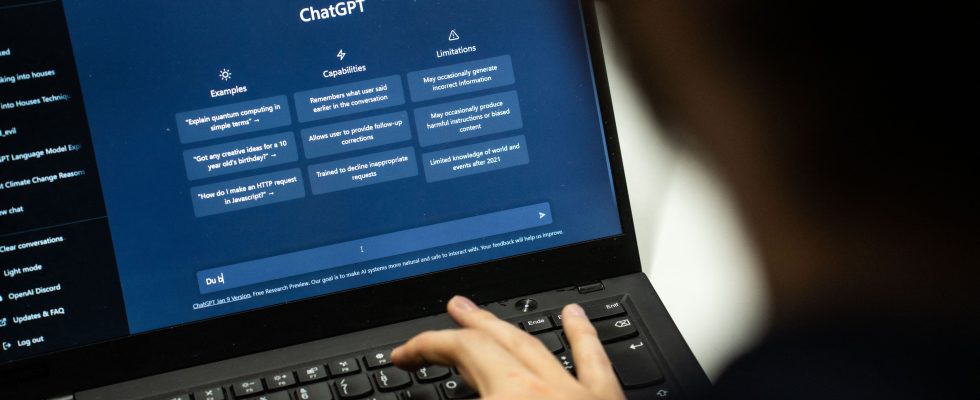Is the time so serious that Elon Musk and his tech peers are worried about the consequences of ChatGPT? Should we believe the cassandres of Goldman Sachs for whom 300 million jobs would be threatened by artificial intelligence? After all, what’s the point of thinking the world when the machine offers ersatz brain juice and creativity in two requests?
The irruption of artificial intelligence in our professional lives and the competition it represents for professions which until now had been exclusive to white collar workers is not without raising many questions. Even if I have some idea of the answers to give, I would be careful not to play the oracle. Let me simply think (hope?) that the arrival of ChatGPT resembles that of Excel for accountants: a tool to save time on the job and free the expression of the singular, this little extra soul that the machine does not (yet) know how to imitate.
So rather than discussing the uberization of professions hitherto spared, I prefer to tell you about those who will not be: the hand and human trades. Those that we often learn in apprenticeship, a training path long denigrated in our country which is finally regaining its letters of nobility.
Let their representatives be reassured: the day when ChatGPT will open a pipe, cut a nice fringe or simmer a veal blanquette has not arrived. And if there is one thing that we cannot yet do with AI, it is to pass the CAP diploma or win the title of Meilleur Ouvrier de France. Because if artificial intelligence repeats, imitates, structures, seeks, concatenates and generates answers, it invents nothing, not even the wire to cut the butter.
Go further. And if ChatGPT was the revenge of those who have a knack, who master the gestures of the trade, whose signature we recognize? Basically, wouldn’t AI be a response to the quest for meaning at work, by eliminating tasks of no great interest (the bullshit jobs by David Graeber) and allowing people to express their talents?
In any case, this is what many learners of L’Atelier des Chefs tell us in retraining after a first professional cycle, often in the tertiary and service trades. Because they don’t see themselves behind a screen all their lives, they become a cook like Gaëtan, a pastry chef like Anne-Sophie, a plumber like Jonathan. These people have decided to turn to a job that allows them to concretely measure the impact of their daily work. Sometimes combining it with an entrepreneur’s cap, they discover that they have gold in their hands.
Let’s reassure white-collar workers: well mastered, ChatGPT will relieve them of daily tasks. But if, more than their job, it is the meaning in their work that is disappearing, I can only recommend that they turn to professions that will never be replaced by the machine and turn a passion into a vocation.
*Nicolas Bergerault is co-founder of L’Atelier des Chefs, graduate of HEC and CAP Cuisine.
